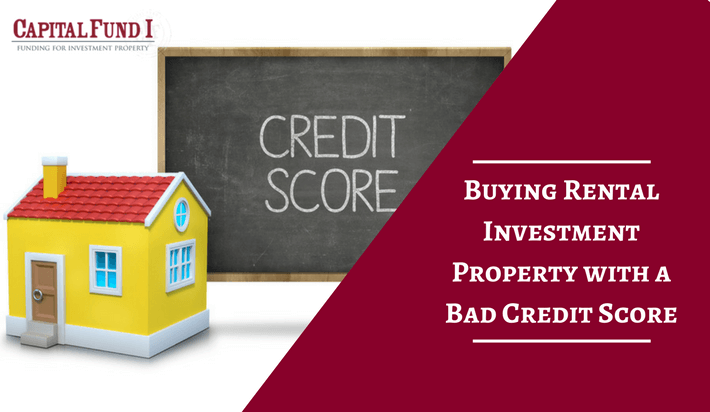Becoming a landlord may be one of the best financial moves you’ll ever make. But while interest rates remain low and home prices look healthy again, long gone are the days when you could get quick, easy financing. The tightened credit market makes it tough for residential real estate investors to secure loans. A key factor that determines the amount and financing you get as a real estate investor is a three-digit number; your credit score. You don’t want issues with your credit score to stop you in your tracks. Even though your credit score may be low, it’s still in your best interest to pursue several alternatives in putting you in a better position to afford to rent.
Find A Hard Money Lender
These are private investors, groups, or companies who will put up cash for any real estate investment. Each lender sets their significant credit score requirements, but often, they are open to making deals with individuals who have poor credit. The loan is more collateral-based, and this means that they look at the property you own to establish the ability to repay. This is a great way to finance your purchase, but be cautious about giving up your personal information to just anyone. Multiple loan inquiries can negatively affect your credit score so make sure you do your research well in advance.
Maximize The Down Payment
Putting up a larger than normal down payment is one of the most compensating factors for borrowers with poor credit history. A larger down payment builds up your equity quickly, and with this in mind, you can qualify for loans that are above the range that your credit score would generally validate. Also, putting a large sum of down payment indicates financial stability and ability to save more over time, and this will get lenders to consider you for a loan more seriously.
Consider Starting With a Rehab Property
Individuals looking to invest with a lower credit score may not be eligible for loans that would be enough to cover an average single-family home. But you might still qualify for a loan that would cover the price of a distressed property that you can fix and flip. Though this method requires more labor in conducting major repairs, it offers a significant upside because it requires less capital. With the right property in the right neighborhood, you can turn a significant profit on your time and effort. And the best thing about this investment strategy is that hard money lenders look at the viability of the property instead of your credit score.
How to Build Your Credit Fast
Building stable and reputable credit can be an insurmountable task. Not only do you have to roll back your credit history but you also have to pay your debts and bills on time progressively. Here’s how to build your credit score without too much of a hassle:
- Rolling back on your credit lock: Even though using credit cards isn’t exactly in your forte, it’s in your best interest to start making significant headway in this department. Financial institutions frequently rely on credit histories to accurately evaluate your fiscal responsibility. The importance of building a credit score sooner rather than later can’t be stressed enough. Records of payment of debts and bills are a useful tool when progressively determining your credit score, irrespective of whether you paid in time or not.
- Making full payments, and on time: In essence, a credit score is a reflection of paying your dues and when you pay them. This primarily covers credit cards and student loans.
- Making adequate use of credit cards: Making large monthly payments with your credit card is quite farfetched even if you have a good credit score. This doesn’t necessarily exempt you from making purchases with your credit card to boost your credit record with moderation.
A low credit score can be a stumbling block when you’re planning to finance your rental property purchase using a loan. Raising your credit score is possible if you’re taking positive actions. It may feel unfair when a loan is denied, yet you’ve worked hard to settle debts, but you’ve not recovered a good credit score. If you don’t have the best credit score, but you’d like to get a loan to buy an investment property, don’t hesitate to contact us at Capital Fund 1 for our seasoned credit score advice and financing help.
